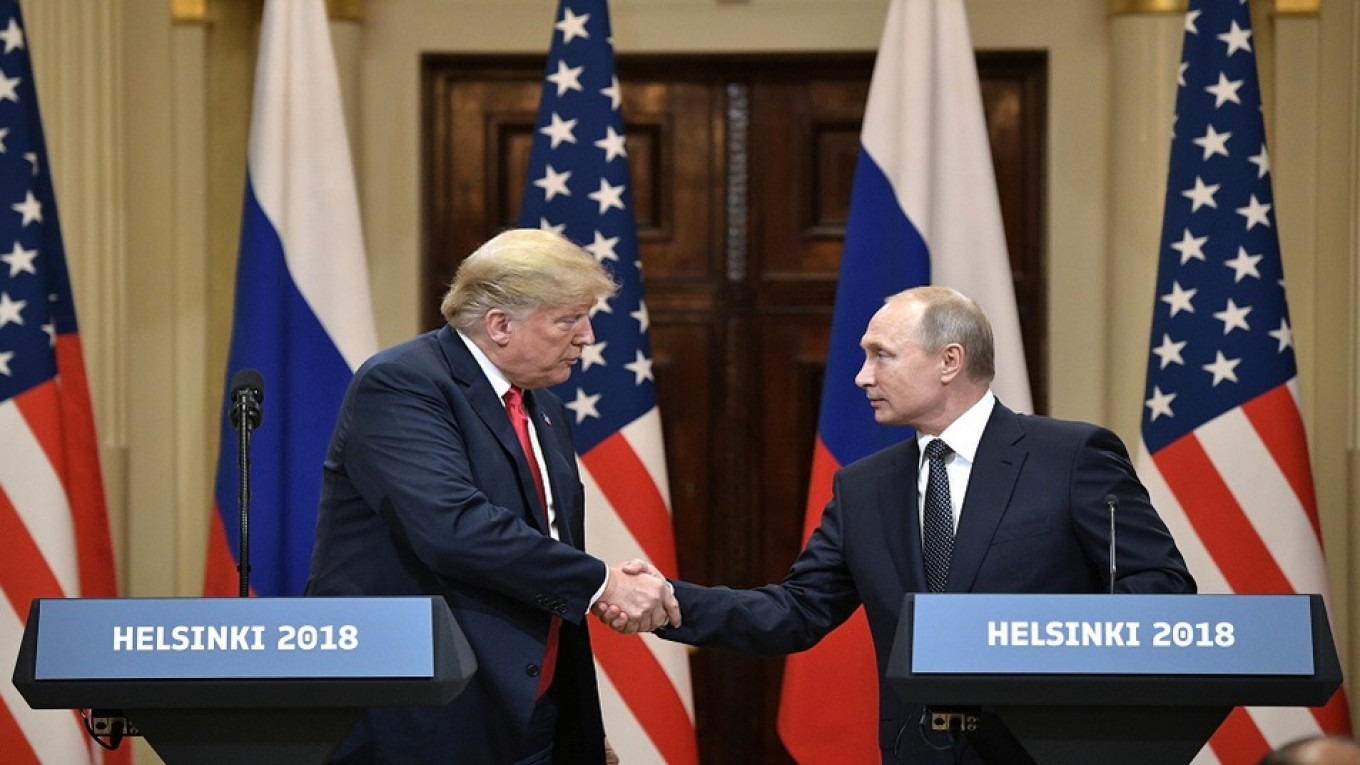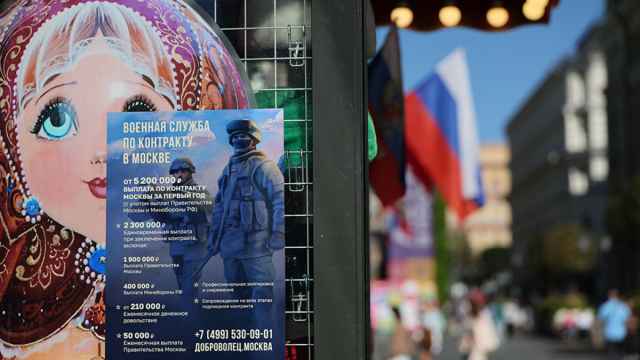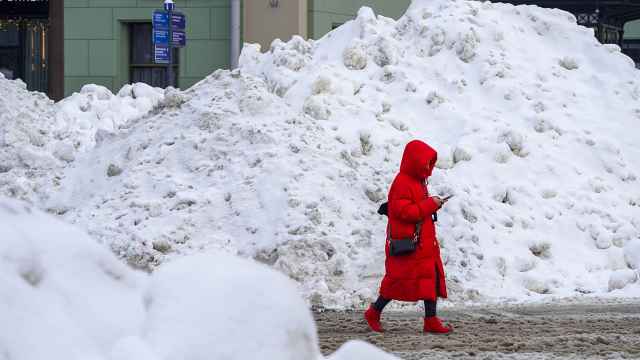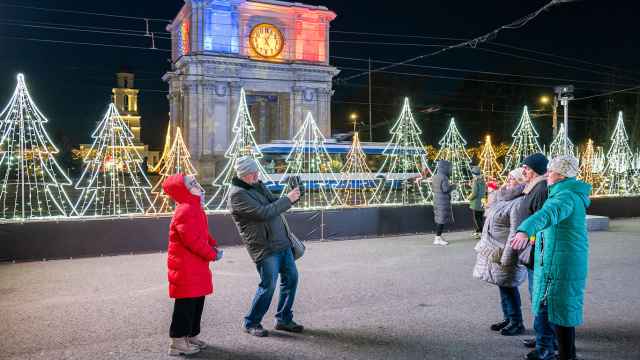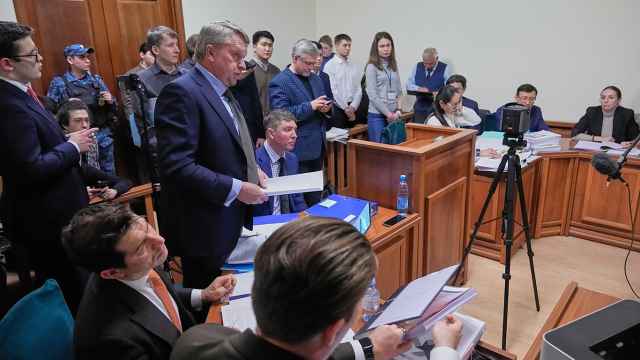President Vladimir Putin, in a New Year letter to his U.S. counterpart Donald Trump, said on Sunday that Moscow was ready for dialogue on a "wide-ranging agenda," the Kremlin said.
At the end of November, Trump abruptly cancelled a planned meeting with Putin on the sidelines of a G20 summit in Argentina, citing tensions about Russian forces opening fire on Ukrainian navy boats and then seizing them.
"Vladimir Putin stressed that the (Russia - United States) relations are the most important factor for providing strategic stability and international security," a Kremlin statement said.
"He confirmed that Russia is open for dialogue with the USA on the most wide-ranging agenda."
Moscow has said one of the key issues it wanted to discuss with the United States is Washington's plans to withdraw from a Cold War era nuclear arms pact.
Russian Foreign Minister Sergei Lavrov was quoted as saying that now it was up to the United States whether to hold a new meeting in 2019.
"The issue should be addressed to Washington. Both our president and his representatives have said that we are ready for the talks when Washington is ready for it," TASS news agency quoted Lavrov as saying in televised remarks.
In a separate letter to Syrian President Bashar al-Assad, Putin pledged continuation of aid to the Syrian government and people in the "fight against terrorism, in defence of state sovereignty and territorial integrity."
Putin also sent New Year greetings to other world leaders including prime ministers Theresa May of Britain and Shinzo Abe of Japan, as well as Chinese President Xi Jinping.
Putin wished "well-being and prosperity to the British people," the Kremlin said.
Russia's embassy in London said on Friday Moscow and London had agreed to return some staff to their respective embassies after they expelled dozens of diplomats early this year.
Britain expelled 23 Russian diplomats over accusations the Kremlin was behind a nerve toxin attack in March on former double agent Sergei Skripal and his daughter in the English city of Salisbury.
Russia, which denies any involvement in the poisoning, sent home the same number of British embassy workers in retaliation.
A Message from The Moscow Times:
Dear readers,
We are facing unprecedented challenges. Russia's Prosecutor General's Office has designated The Moscow Times as an "undesirable" organization, criminalizing our work and putting our staff at risk of prosecution. This follows our earlier unjust labeling as a "foreign agent."
These actions are direct attempts to silence independent journalism in Russia. The authorities claim our work "discredits the decisions of the Russian leadership." We see things differently: we strive to provide accurate, unbiased reporting on Russia.
We, the journalists of The Moscow Times, refuse to be silenced. But to continue our work, we need your help.
Your support, no matter how small, makes a world of difference. If you can, please support us monthly starting from just $2. It's quick to set up, and every contribution makes a significant impact.
By supporting The Moscow Times, you're defending open, independent journalism in the face of repression. Thank you for standing with us.
Remind me later.



